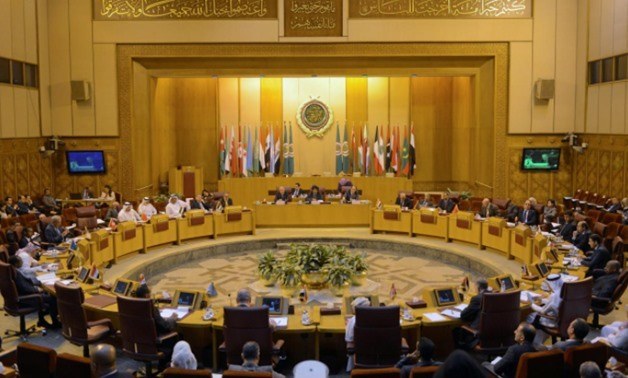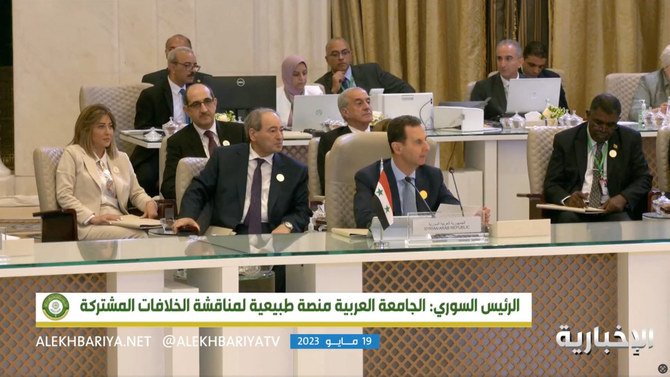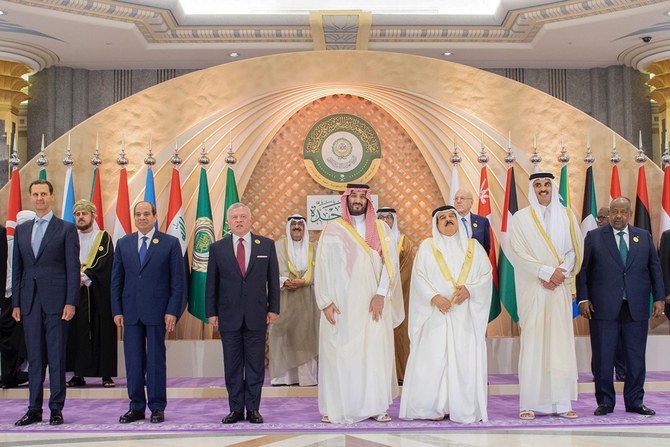
After the Algerian delegation to the Arab League Summit in Tunis completed its mission and left, most of the country’s Cabinet members were dismissed and big changes were announced.
The Libyan delegation also left the Tunisian capital amid reports that a political resolution was imminent, this time with the consent of all the conflicting forces. The architect of the resolution, Ghassan Salame, who attended the summit, informed everyone present of the expected breakthroughs.
I met with the Secretary-General of the Arab League, Ahmed Aboul Gheit, after the summit’s conclusion and asked him about it. He said: “This is my fourth Arab summit as secretary-general, and I have previously participated in six summits as Egypt’s foreign minister. I can say that this summit has been the smoothest of all — there have been no disagreements. Even the communique, with all the points that were previously contentious, like denouncing Iran, was faced with no objections.”
The question is: What comes after the summit has ended? No doubt Algeria is the most important current event. The country is undergoing a serious and delicate phase. There was the potential for conflict between institutions and communal forces. The street — through peaceful demonstrations — has played a valuable role, giving legitimacy to removing the president, while the army announced its commitment to the constitution.
Without a constitutional framework and support from the Algerian people, it would have looked like a coup attempt, although President Abdelaziz Bouteflika’s time in office has all but ended.
There is more to the story, and everyone is watching carefully to see how things will turn out during the transitional phase, and how power will be transferred, whether within the ruling party — which has dominated the political scene in Algeria for decades — or outside it.
For Algerians, neighboring states and even European countries north of the Mediterranean, the details are important. These parties are extremely concerned about collapses like those witnessed among societies — namely in Libya, Yemen and Syria — that went through the Arab Spring revolutions only to have their rosy dreams shattered by bloodshed.
This is why we have not heard criticism of the measures announced in Algeria. Most of the interested governments seem to agree with decisions that pave the way for removing Bouteflika and his party from power. Even governments that have a different opinion have preferred not to voice it in order to avoid dividing the street and to prevent rival camps from further complicating the transitional situation.
Unlike Algeria, the conflict in Libya is very complex, but it seems that we now have happy news. Salame, the UN envoy to Libya, appears to be close to announcing a resolution of the conflict, with consensus found among the key parties. If he manages to achieve that, this will be the first conflict in the region to be resolved politically.
The conflict in Libya could continue for many years due to the abundance of oil money. The UN envoy’s mission has been to convince all parties that they will all win if they agree on a political system that unites them, instead of creating divided fiefdoms — each with their own government, Parliament, presidency and army — that do not enjoy sufficient legitimacy, and thus are expected to perpetuate the war.
Syria’s regime was absent from the Arab League Summit after mediation failed to invite it back. The problem is Iran, which is regarded by the countries of the region as the main obstacle to ending the Syrian conflict.
The Turkish military intervention, in turn, has helped give legitimacy to the Iranian military presence. Also, US recognition of Israel’s annexation of Syria’s Golan Heights has given Tehran a reason to stay. Without the Iranians and Turks leaving, Syria will continue to lacking sovereignty.












